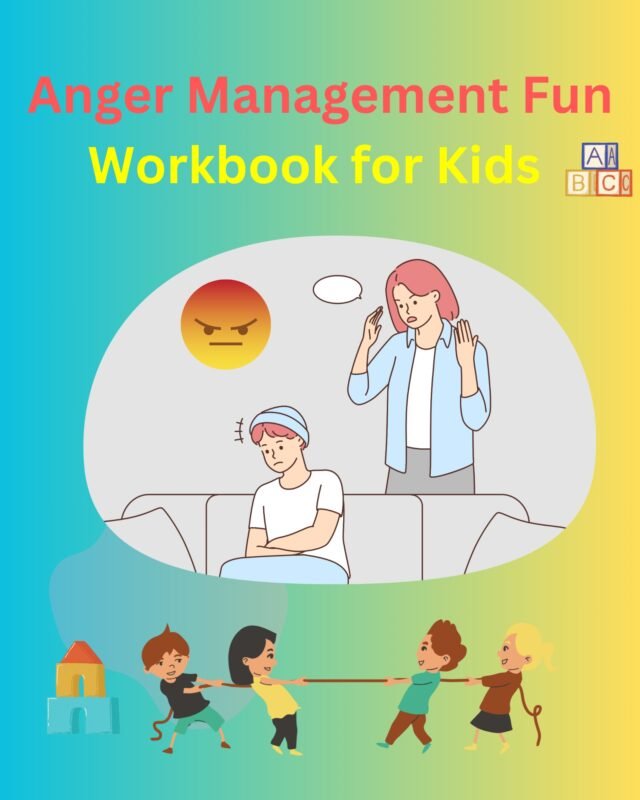Some parents are hesitant to read stories to their children due to a lack of time or self-confidence…. That’s unfortunate!
Most of us remember the bedtime stories our parents read to us. This nighttime ritual, which is popular with children, often fades due to a lack of time or self-confidence.
In any case, a poll conducted by Ladybird Publishing and recounted by The Bookseller confirmed this. Three-quarters of respondents wish they had more time to read to their children. A comparable proportion of parents choose the usual bedtime of their children, i.e. between 6 and 8 p.m., to engage in this activity, believing that there is no other time suited in the day to do so.
However, 17% of respondents said they would consider reading to their children between 8 and 10 a.m. This option is undoubtedly made feasible by the advent of teleworking, a technique of organization that allows certain parents to save crucial time.
Despite these differences of opinion, the parents polled believe that reading books to toddlers is essential. Most of them believe that this activity allows them to spend quality time with their children (81%), and 68% believe that it helps to improve their emotional bond.
Transmitting a love of reading
But that isn’t the only advantage of reading aloud. Several research findings demonstrate that this practice helps children enhance their verbal skills and auditory memory. Furthermore, it fosters a love of reading, which is critical. Reading is, in fact, incredibly useful cognitively, intellectually, and behaviorally. According to a study published in the journal Psychology Medicine, it also incorporates brain systems that children may benefit from as they grow.
In general, 93% of parents believe that reading books to their children is crucial. According to the Ladybird poll, some parents are hesitant to do this with children under one year old due to their (very) young age. Others are afraid to read to them because they lack confidence. They are terrified of not doing it correctly, and especially of misinterpreting the many characters in the chosen scenario.
Fears that people should dismiss, according to novelist and voice actress Lucy Walters. “Your child enjoys the sound of your voice, as well as the special moment when you share the story with him, following the words, pointing to the pictures, and participating in the story at each stage.” There is no correct or incorrect way to read a narrative. “Just being yourself is more than enough for your child,” she told The Bookseller.
Why are superheroes important for children?




















